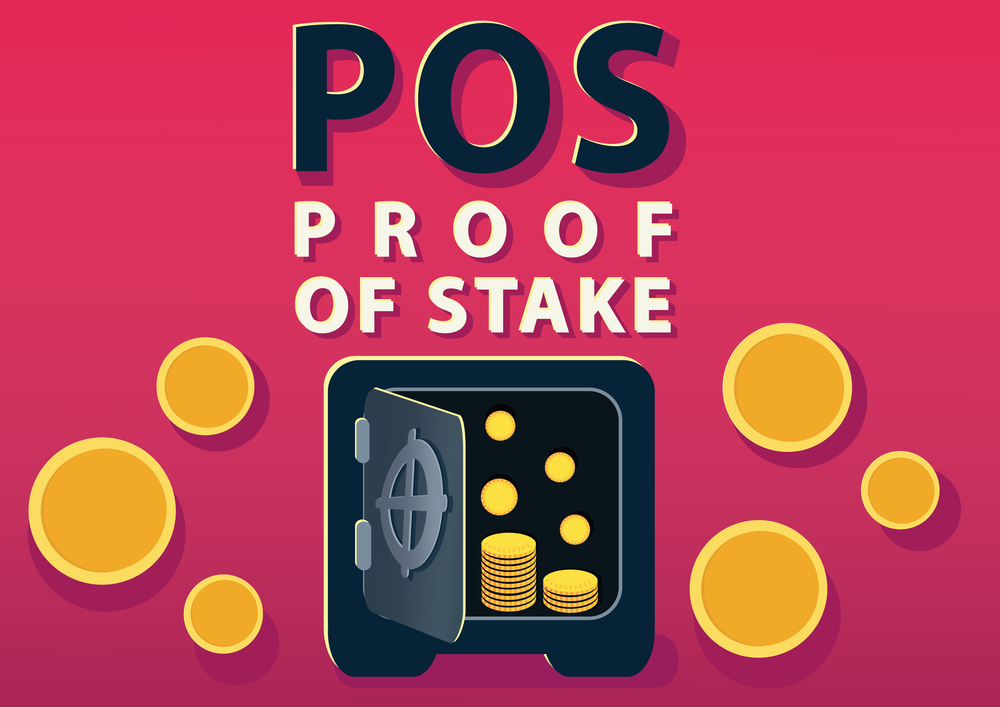In our last article on blockchain technology, we broke down the explanation of blockchain and how it works in the crypto space.
But to go a little deeper, we need to understand how transactions are validated, who validates them, and the reward system for validations.
The crypto space boosted the awareness of blockchain technology, and we will delve into the validations of crypto transactions.
Why blockchain Validations?

Blockchain technology is known for its decentralized offerings.
But no matter how decentralized it is, there is a part to play by individuals.
These individuals intervene in the blockchain network to validate(confirm) transactions before they enter the blockchain.
So, validations are necessary for deeming any transaction valid before it enters the blockchain.
What is transaction validation?
As the name implies, validation is the act of deeming a process valid by checking its conformity to standards.
In this context, validation is the process of deeming a crypto transaction valid by checking its conformity to standards.
Transaction validation standards(general)
Only transactions that conform to validation standards can be validated.
A transaction is valid if the sender of the coin has a wallet balance equal to or greater than the amount to be sent (including the transaction fee).
So, any transaction that passes this criterion is valid.
However, there are several blockchains with validation protocols.
Who is a validator?

A validator is a person who validates crypto transactions by checking if they conform to validation standards.
Irrespective of the blockchain consensus mechanism, a validator operates the same way.
Blockchain consensus mechanisms
A consensus mechanism determines the validation operations in the blockchain network.
It also shows transparency, security, and decentralization in the particular network.
There are two common blockchain consensus mechanisms;
- Proof of Work (POW)
- Proof of Stake(POS).
Proof of Work (POW)

POW is the first consensus mechanism ever created, as it covered the first cryptocurrency, Bitcoin.
The POW mechanism requires validators to solve complex mathematical puzzles before adding transactions(blocks) to the blockchain.
The complexities of the puzzles require high computation power and big machines(mining rings).
Validators in the POW network are called Miners, and the process of solving those puzzles is called mining.
Miners and mining
Miners are the validators in the POW reward system.
These miners earn rewards as they validate transactions.
In an ideal mining process, a high computation energy is necessary for the trial-and-error computation process.
With this, POW is stereotyped as an enemy of the human environment due to high carbon emissions and high energy consumption during mining.
Proof of stake (POS)

POS is an environmentally friendly validation mechanism as it requires thin energy consumption.
A validator in this context will have a stake in the cryptocurrency to qualify as a validator.
In POS, the ownership of a stake in the blockchain allows the validator to detect, verify and validate transactions, unlike proof of work that involves mining(solving mathematical problems on the nodes).
A validator is, however, rewarded irrespective of the consensus mechanism.
POS or POW?
This has been an intense debate in the crypto space.
Different blockchain professionals have their reasons for choosing one over the other.
However, we would answer this in terms of security and environmental factors.
Security
POW mechanism has proved to be the most secure consensus mechanism because of the difficulty in hacking processes.
To successfully hack the POW system, you need to gain access to about 50 percent of the mining rings, which is impossible to some extent.
Apart from access gain, the POW network has a default protocol that kills mining rings after 10 minutes of unsuccessful theft.
For the POS mechanism, people feel that it can be hacked or influenced when huge stakers in the network come together-
the higher your stake, the higher your influence and validation power.
Environmental factors
POS has proven to be environmentally friendly, as it poses no risk to the environment, unlike the POW model.
According to CIA reports, the energy consumption of Bitcoin mining is about 70 terawatt’hours (TWH) of electricity annually, ranking it the 40th largest consumer of electricity by country.
Ireland ranking 68th consumes about 25 TWh, and Austria ranking 42nd uses 64.6 TW’h of electricity annually.
Although there are many modifications to the modern mining methods that could help better the POW model like;
- Using solar energy.
- Afforestation: Planting more trees that will consume the emitted carbon gasses.
So, in terms of environmental health, POS becomes a better model when compared to the POW model.
Is crypto validation lucrative?
As blockchain technology has continued its increase in adoption and popularity, there are many lucrative opportunities for anyone in the blockchain space.
In this context, crypto validation is one of them.
The open-source nature of the blockchain gives privileges for anyone to participate and earn incentives.
With a good laptop and a stake in a cryptocurrency, you can validate transactions while earning rewards in the process – for the POS mechanism.
Then for the POW mechanism, you can develop your mining rings and earn incentives as your devices work for you.
It is imperative to know that since the POS model works with staking principle, there are also disadvantages.
- The more your stake, the more your reward: Your staking power determines your validation power, and your incentive size. So if you have a lesser stake, you earn smaller rewards.
- Volatility Problems: Your rewards vary with the price of the cryptocurrency you staked. So, even if you are earning rewards, it might not weigh much in a bearish season.
- More validators affect reward system: The more the validators in a given network, the lesser the reward system of that network. When validators are much, there will be drastic reduction in staking rewards.
Conclusion
Understanding how blockchain transactions are validated shows you how secured and immutable a blockchain could be.
No matter how lucrative crypto validation might seem to be, it is imperative to note that it pays well with high capital and it doesn’t pay well as a full-time job.
You will get passive income from crypto validations, so it’s better to hold it as a side job.
Finally, the importance of blockchain technology cannot be overemphasized.
In the long run, more businesses and institutions will embrace blockchain technology, Pantera Capital CEO envisioned.
